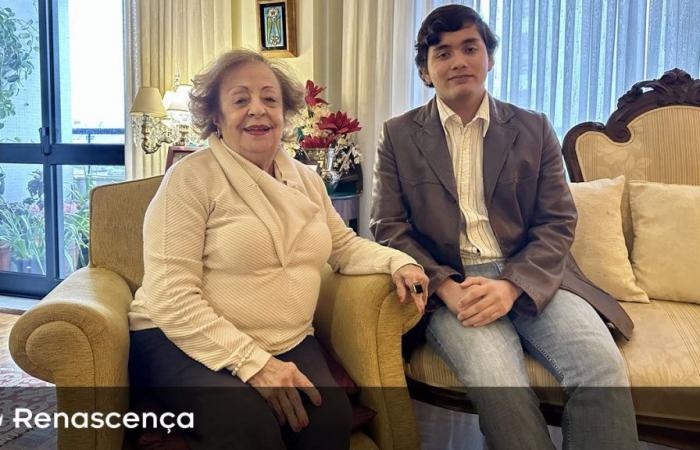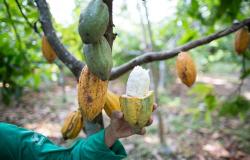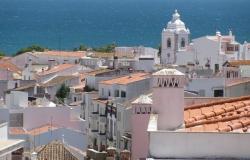David Chico is 20 years old, born in Ecuador, chose Porto to study Aquatic Science. When he arrived in the city, he rented an apartment. However, the pressure of rent and all the expenses associated with housing made him look for an alternative.
With the help of the Student Association of the Institute of Biomedical Sciences Abel Salazar (ICBAS), David found the Aconchego Program, a joint initiative between the Porto City Council and the Porto Academic Federation (FAP).
Aconchego is a project that seeks to respond to two social problems: the loneliness of the elderly and the lack of student accommodation. In this way, a student can live rent-free in the home of an elderly resident in Porto, and in return must help the owner with the most diverse tasks.
“I felt very isolated, I wasn’t getting the full cultural experience of Porto and I couldn’t find affordable houses. I met Aconchego and I thought it would be a great idea to apply, because we learn a lot from older people”, says David Chico to the Renaissance.
Maria da Graça Sá is 90 years old, has been a widow for 26 years and signed up for the Aconchego Program this year. “I’ve been aware of the program for eight/nine years, ever since a friend joined. During these years, she received many students at her house and I followed them. I thought it was a beautiful thing. So this year, I decided I wanted to participate too,” she says.
Maria da Graça opened her doors to David because she felt “missing the company of someone who could share something about my life and give me feedback”.
“A company with youthfulness, with all the difference that exists between a person my age and a 20-year-old,” he says.
Both admit that “the empathy was immediate” and the “communication that exists is fundamental”.
Between smiles and jokes, David says that Maria da Graça “talks a little about things about Portugal and I also talk about my country”.
“She cooks her typical dishes and, sometimes, I cook those from my country. The other day I cooked TigrilloD. Maria really liked it.”
“I’m also receptive to what he cooks, especially the dish he made, which I thought was wonderful. He said he still wasn’t doing as well as his mother does. I, as I have never eaten it, thought it was great”, replies Maria da Graça.
The basis of the project is mutual aid. The student’s role is to provide services that the elderly person can no longer perform alone, such as trips to the doctor, the supermarket, housework, among others.
“I always ask him for help, ‘get me this thing that’s tall’ or ‘lift those blinds that are very heavy’, and so on. I ask him for help with the shopping, ‘please go downstairs as I came to the supermarket, there’s a little basket there”.
Regarding the doctor, “it hasn’t been necessary yet, I’m still moving in that direction, but we’re talking about that today”, says Maria da Graça.
For Maria da Graça Sá, being part of the project “is a real comfort”
“The emotional part is very important to me. I often say that, when I decided to join Aconchego and David came, I had four grandchildren and I adopted one more. And in this emotional part I know I have a match”, he adds.
The program has ten active cases and Susana Matias, from CMPorto’s Social Cohesion department, guarantees that “they are all different, but they all work well”.
Susana Matias describes Aconchego as “an innovative program” and that it has even “received some social innovation awards”.
However, the head of the municipality warns that “it cannot be a mass program” nor can it constitute “a direct response to the problem of student accommodation” because it requires very close monitoring.
“In the initial phase, there is more regular monitoring. At a more advanced stage, less regular monitoring, but we are always present, calling, sending messages on social media, making regular visits, but this close monitoring is fundamental”, assures Susana Matias.
The Aconchego Program is an initiative that has existed since 2004 and celebrates its 20th anniversary this year, maintaining the objectives for which it was created: combating loneliness and helping displaced students.
This year, Pope Francis chose the motto “In old age, do not abandon me” for the Fourth World Day of Grandparents and the Elderly. In a statement, the Dicastery for Laity, Family and Life states that the elderly are often “victims of the throwaway culture” and that it is the Church’s obligation to work to “build bonds between generations and combat loneliness.”
Tags: Living Grandma Initiative brings seniors students roof






